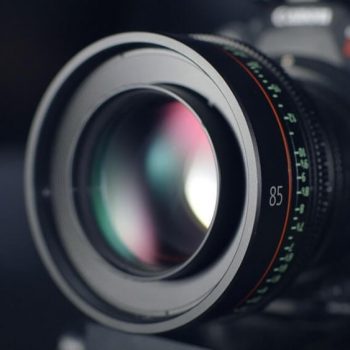If you have taken photography courses online or at university, you will be wondering what photography graduate jobs exist. You may have undertaken a photography course to develop your hobby or just for fun. But think, what better way to live than following careers in photography, earning money for doing what you love to do.
Jobs you are directly qualified to undertake
Several positions require a photography qualification as a necessary part of your skillset. These jobs include:
- Photographer: this is a career that is similar to an artist, you sell your pictures to people who will display as art or support an article on the internet.
- Press photographer: you will be tasked to take images of an event or people that will support a story. Photojournalists are also the people who chronicle an important story, so they tell the narrative in the photographs they take.
- Television camera operator: the people in studios or outside broadcasts responsible for operating the camera that broadcasts images to your stream.
- Medical illustrator/ magazine image editor/ graphic designer: there are a whole series of jobs that require photography skills and image editing skills that will evolve from a photography course.
Jobs where your qualifications in photography will be useful
When you study photography, you will enhance your creative abilities, as well as your understanding of people and society. You will be encouraged to problem solve and to innovate a perspective of the world that others might not see. These skills are transferable into other areas and will help you show your competency. These professions include:
- Advertising
- Digital marketing
- Film director
- Video editor
- Web designer
- Stylist
- Multimedia specialist
- And many more.
It is a good idea to think outside the box. Many companies understand that a specialist degree in a sector does not make you the standout candidate as such. There are a host of soft skills and qualities needed in roles that require people to have a breadth of experience and understanding. Your photography degree could make you perfect for managing web content, as you have been trained to create and organise your portfolio, for instance.
Ways to get a job in photography
If you want to be a photographer in any field, you will need to develop a portfolio of work. Like many jobs, you will be faced with the catch 22 scenario of needing evidence of work experience before you gain experience in the workplace. You can overcome this problem by getting involved in local voluntary projects and photography competitions. It might also be a great idea to work as a photographer’s assistant for a while. Not only will you learn from the person making a career from photography, but they may give you opportunities and access to other professionals who want to provide a fresh talent with a chance.
There will also be opportunities for internships if you look hard enough and show enough persistence. You may also want to ask local companies about work experience.
Most important, beyond the technical and creative skills, are the interpersonal strengths of the outstanding photographer. You need to gain experience in working with clients and developing those social skills that will help your business thrive. You might also want to consider taking a business course to help you understand how to ensure freelancing works for you.
What sectors could you approach?
If you are looking for companies to kick-start your career, you should consider fashion, fine arts, press, scientific and medical sectors, sports and wildlife. Some commercial businesses also need the help of photographers from time to time, though they will likely hire the services of a freelance photographer when required.
You could consider approaching wedding venues or cruise liners, who like to hire photographers to memorialise events. You could even consider joining the police and becoming a scene of crime photographer. In reality, applying some imagination opens many opportunities to experience an exciting life through your camera lens.
Developing your CV
You are likely going to be a freelance photographer. Consequently, your CV needs to show a proven record of past clients who have been happy with your work. You will also need specific skills to help this business thrive, including organising your diary, presenting your work/ brief to a client, problem-solving and the literacy and numeracy skills for the packaging of your business.
Being a photographer requires a lot more than pointing and shooting a camera. You also need to commit to learning the peripheral skills for making your talent pay.








